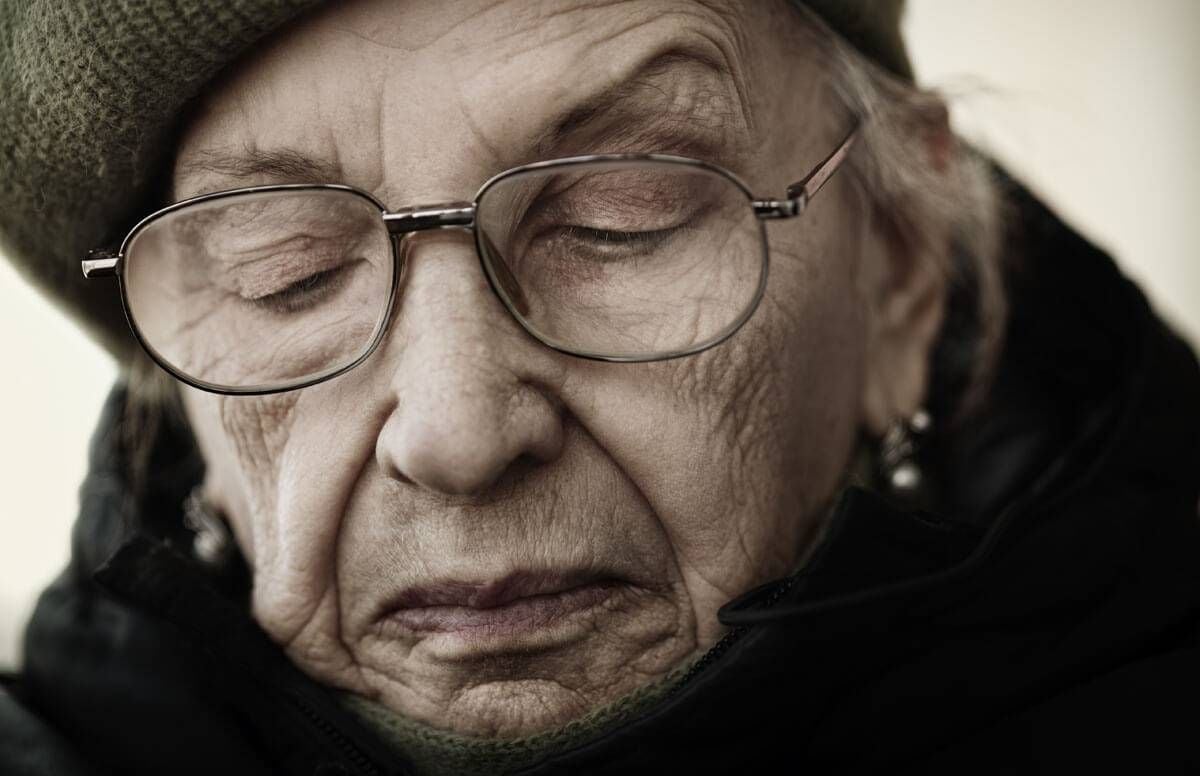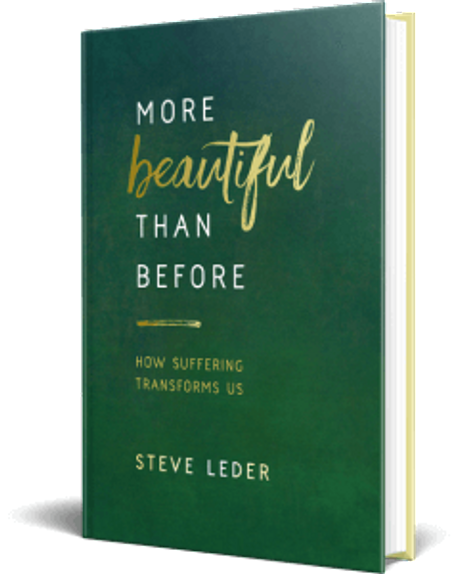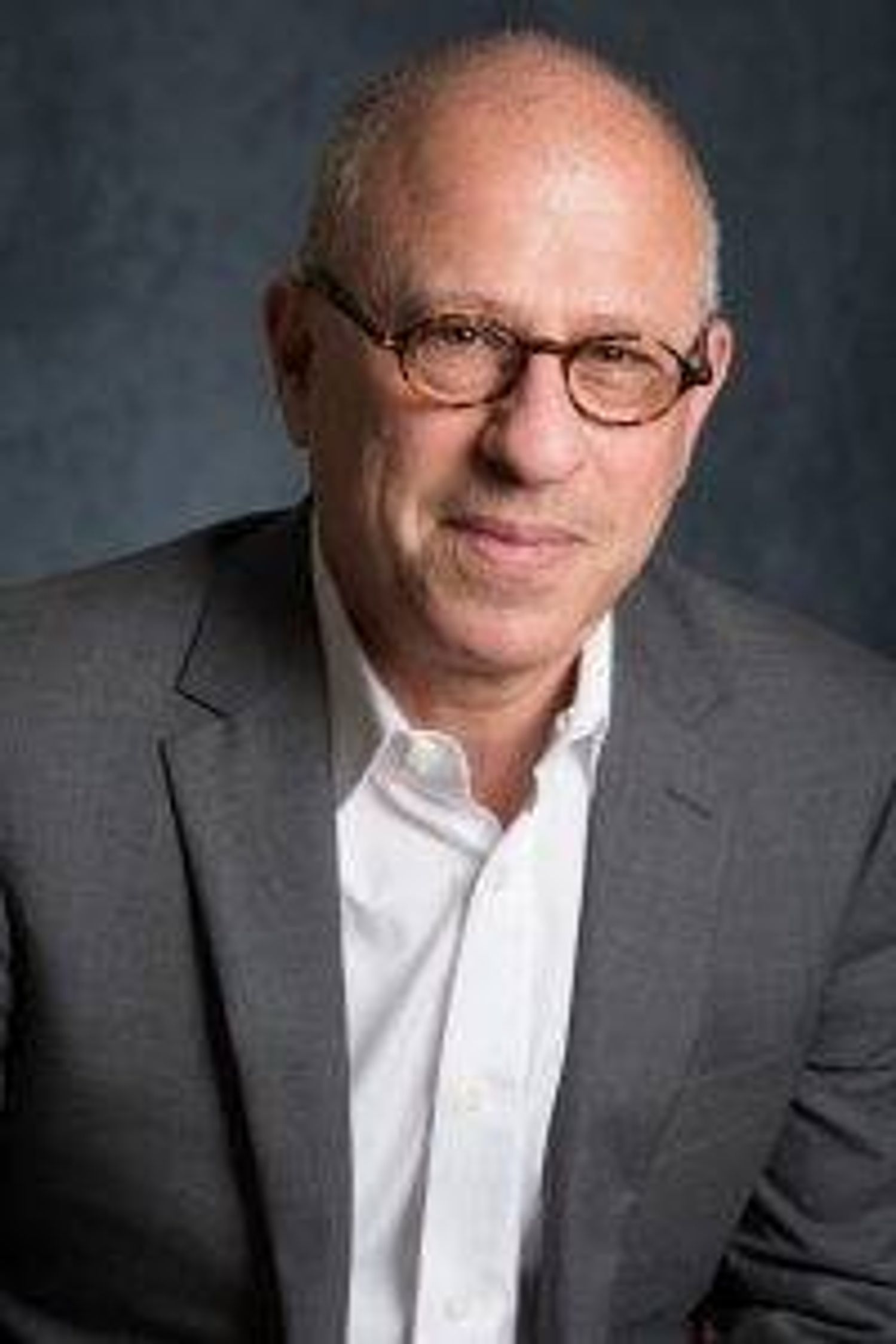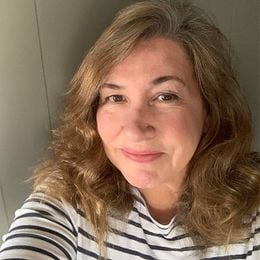The Transformative Power of Suffering
In his new book, Steve Leder offers a personal and professional perspective
Over the course of 30 years, Steve Leder has counseled hundreds of people facing all varieties of pain and suffering: death, injury, grave illness, estrangement, divorce and more.


However, the senior rabbi of Wilshire Boulevard Temple in Los Angeles, who has twice been named by Newsweek as one of the 10 most influential rabbis in America, wrote his latest book, More Beautiful Than Before: How Suffering Transforms Us, from a very personal place of suffering and pain.
Approximately five years ago, Leder suffered a herniated disc after a car accident, resulting in surgery that was followed by a painful and arduous recovery period.
What An Accident Taught Him About Suffering
“As a rabbi, I’d seen things, and been through things, and thought I was doing a good job. Then I suffered my own pain and discovered that pain is the only real teacher,” said Leder. “There are certain lessons that can’t be achieved any other way.”
In a recent conversation with Next Avenue, Leder talked about his book, which he hopes “will help people understand their journey of pain and what it could mean in their lives.” Highlights:
Next Avenue: In light of your personal experience, explain the significance of this statement in your book: 'Pain is not a matter of the intellect, it is a matter of the spirit and a matter of the soul.'
Steve Leder: The way we respond to physical and emotional pain affects the same region of the brain. In a certain way, our bodies don’t distinguish one from the other. But while you cannot 're-feel' physical pain, you can re-feel emotional pain and it can repeat itself over and over again.
You write, 'Pain is permission, space and time — just to remember.' How can this help people who are suffering?

One of the ways in which we mistreat people who are suffering — especially those who are grieving — is to try to rush them through the process. We live in a culture where people encourage us to 'get over it,' but the grieving person knows it’s too soon to move on.
When you are grieving, the more time and respect you can give your grief, the easier the grieving actually is. Anyone who thinks the shortest distance between two points is a straight line doesn’t understand grief.
Grief comes in waves. Think of it this way: You’re standing in the ocean and a huge wave comes toward you. If you stand up against it, it’s going to knock you over and you’ll end up gasping, struggling for air. And if you just give in to the wave, let it carry you for a while, then the time will come when you can stand up again.
In your opinion, 'Let me know if you need anything' are the seven words NOT to say to someone who is suffering.
Most people who say that don’t mean it. They are really hoping people won’t ask; it’s fake empathy. But even if the words are said sincerely, it places the burden back on the suffering person. You’re giving them homework? After my surgery, I couldn’t put my socks on — I’m supposed to figure out what to ask for from you?
Don’t wait to be asked. Show up. Call, email, text. Bring a hot meal once a week. Go along to a doctor’s appointment to take notes.
The most important thing: Just walk in the door.
One of the topics addressed in your book is forgiveness. Why is it so hard for people to apologize and simply say 'I am sorry?'
There are three words that are actually more difficult to say, but more powerful and more healing: 'I was wrong.' Those words change everything because it gives the person an opportunity to take complete and total ownership.
In my work, I deal with a lot of fractured relationships — married couples, siblings, business partners. When someone is able to say they were wrong — out loud — it’s that first step toward healing, which is the first step toward growing. Saying 'I was wrong' requires humility. Arrogance is a source of a lot of pain.
There’s an anecdote you share about a woman who had been at Auschwitz recalling that the last words she spoke to her brother were critical ones about his missing shoes. She said, 'I will never say anything that couldn’t stand as the last thing I ever say.' How can people apply this lesson to their own lives?
It’s really a matter of degree. Can any of us completely stop saying foolish things? No. However, we can all do better. We can limit our hurtful words. All of us are remembered by, and defined by, our words, more so than by our deeds. It’s the lack of alignment between our words and our deeds that can get us into trouble.
There’s a chapter in the book called The Route of All Blessings, a road that you say begins with pain.
The idea behind that is if you take a blessing inventory, working backwards, you will find that each blessing is often rooted in pain or adversity.
From my perspective, I didn’t start taking my physical body seriously until I experienced pain. My wife Betsy and I had a good marriage before my surgery, but we have a great marriage now. I was vulnerable as I was experiencing pain and that brought us closer together. For me, the idea that we are more whole when we are broken is extremely powerful.
All of us can embrace the opportunity that suffering presents to us for a gentler, wiser and more beautiful life.
Another source of pain in your life is the fact that your father has Alzheimer's disease and no longer speaks. How has this suffering changed you?
My father's Alzheimer's has enabled me to make peace with his previously sharp edges. My dad was very intense and demanding; the disease has rounded those edges and left behind his deepest essence. I have found the importance of touch and experienced the beauty of the two of us just sitting together and holding hands. That's an experience of my father that I never had as a child, and it's changed the nature of our relationship.
My dad was diagnosed 10 years ago when he was 75, so he's on the back end of the illness. A greater sense of the preciousness of time has been awakened in me.


